3 Expert Tips on Succeeding as a New Leader
3 Expert Tips on Succeeding as a New Leader.
When I first took on a leadership role, I thought the key to success was delegation. As a new leader, I wanted to show that I trusted my team. So I spent the majority of my time assigning tasks and then allowing my employees to work autonomously.
It wasn’t long before I realized I’d gone too far.
My team didn’t have enough direction, which caused them to struggle. An information gap developed. Employees felt responsible for decisions that should have been mine, but they lacked the insights and data to choose wisely. On my end, I was missing key updates because I wasn’t there in the trenches.
While I was able to learn from my mistake, it also showed me something undeniable about leadership: No amount of experience or training can prepare a new leader for everything they’ll face in their first year.
New leaders can plan how they’re going to guide and inspire employees. They can brainstorm innovative ways to help the team work more efficiently. But the truth is, there will always be speed bumps.
In order to help new leaders enter their new positions prepared, here are three pieces of advice told directly to me from industry experts on what they learned during their first year.
“That’s the best advice I ever received during my first year as a new leader. I had taken over a tank platoon as an armor officer [in the U.S. Army]. One option was to come in and start changing things in order to let my soldiers know who was in charge.
“Or, I could, as my platoon sergeant advised, Shut up. Listen. Learn from these guys before you change anything. They’ve been doing this for a while. They do things for a reason.
“That guidance helped me learn more in my first month than I ever could have hoped for.”
—Mike Figliuolo, author, leadership coach and founder of Thought Leaders, LLC
It’s not uncommon for a new leader to think if they don’t immediately take charge, they’ll be seen as incompetent. In reality, what’s more important is to get the lay of the land.
In the first year, a new leader needs to take the time to learn about how their team works and why. This will keep them from unnecessarily rocking the boat.
2. Seek out new perspectives.
“In my first year of being a leader, I learned very quickly that succeeding at leadership is not about what you know. Rather, it’s about encouraging and supporting your employees to share what they know.“When people know you’re genuinely interested in learning about their experiences and insights, you gain access to perspectives that will help you to make smarter choices and decisions for your organization.
“This also creates an environment that empowers your employees to bring their best efforts to the table because they will see a clear connection between their contributions and the overall objectives of your organization.”
—Tanveer Naseer, writer, leadership coach and host of the Leadership Biz Cafe podcast
A new leader is just one person. As such, they might not be able to see every angle or possibility. However, if they take the time to ask others for their insight and knowledge, the new leader can develop a network of advisors they’ll find indispensable.
3. Keep your words short.
“The biggest lesson I learned about leadership is the outsized impact your words suddenly have on others.
“As a peer or teammate, you can often speak openly and express whatever is on your mind. As a leader, you have to realize that almost everything you say is scrutinized and carefully remembered (and often repeated). Because of this, do a lot more listening than talking.
“Now, as a more senior leader, I find myself listening almost all the time, and talking only when I think it’s necessary.”
—Josh Bersin, principal and founder of Bersin by Deloitte
Using words efficiently helps a new leader avoid controversy and ensures they’re absorbing information from their environment. If they spend all their time talking, they’ll miss signs of conflict or the subtle strengths of each of their employees.
A new leader will have a lot to learn during their first year. But by taking advice from leadership experts and learning as they go, they can find a way to succeed in their new position.


 .
.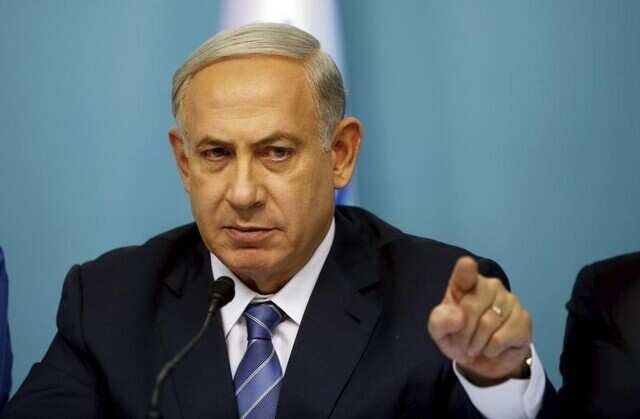
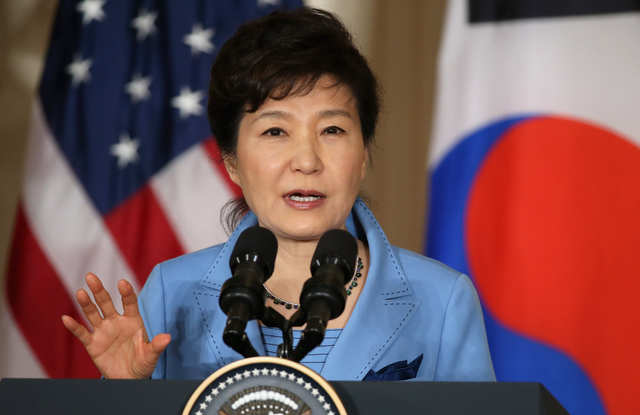
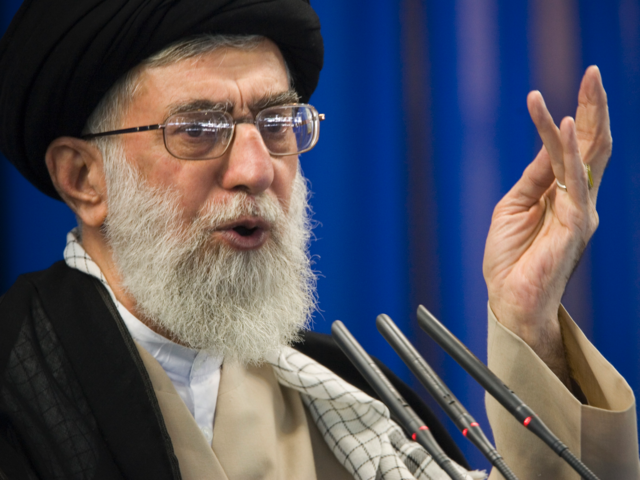
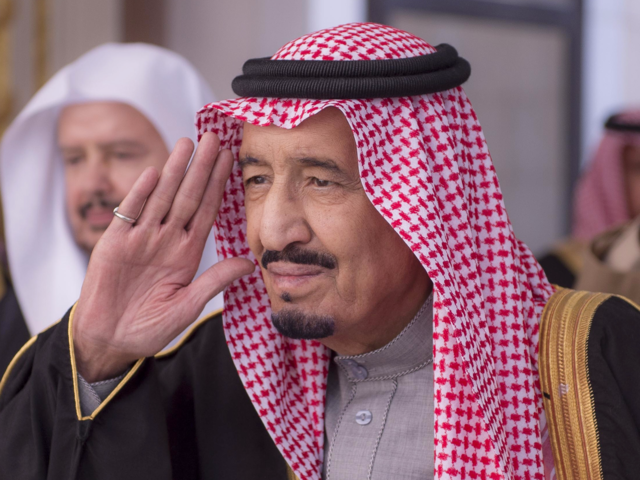
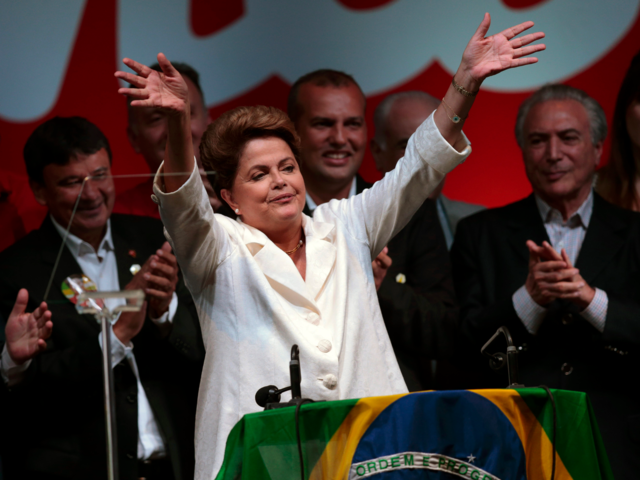
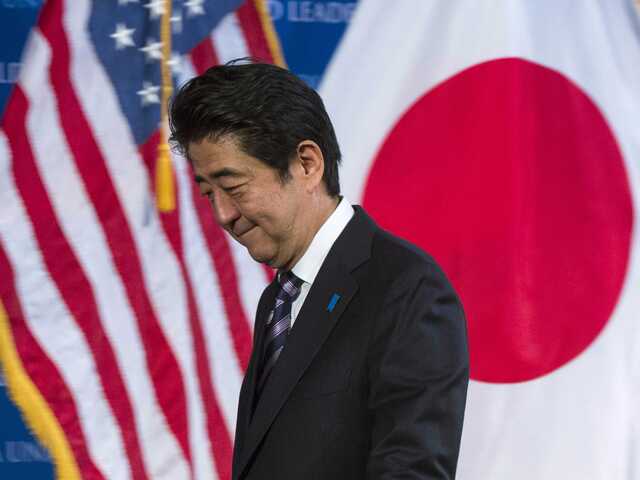
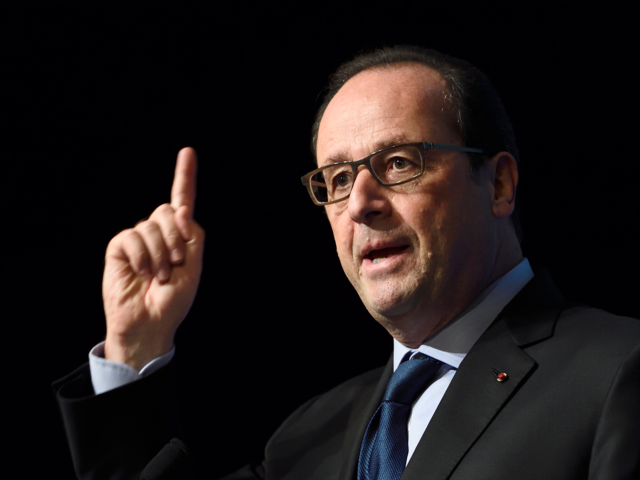
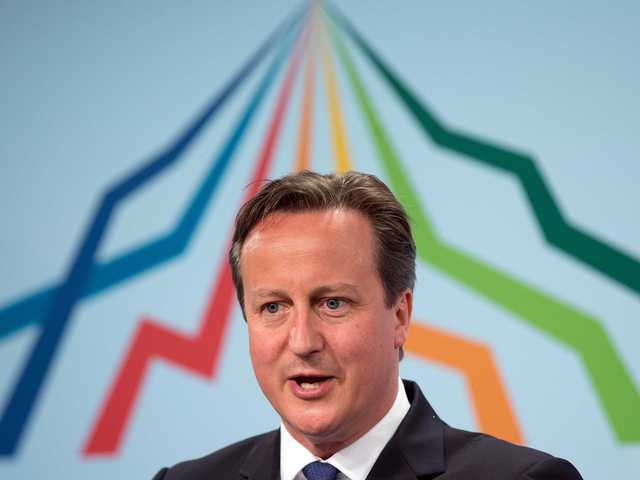
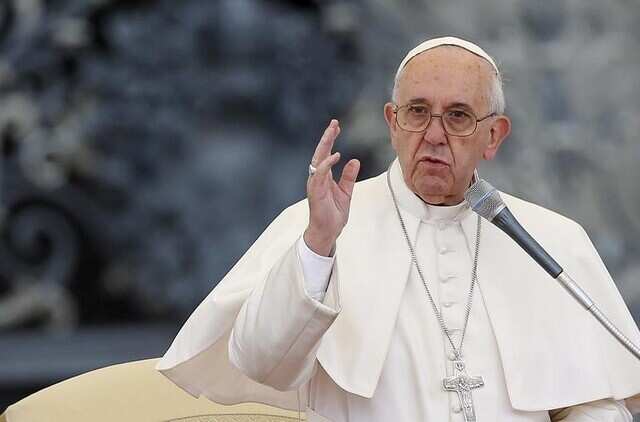
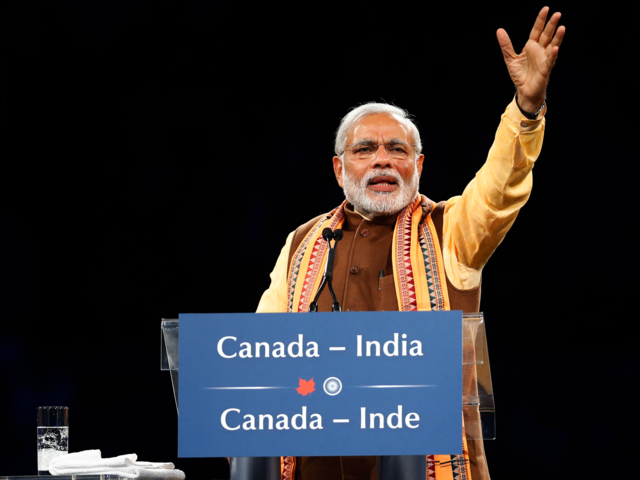
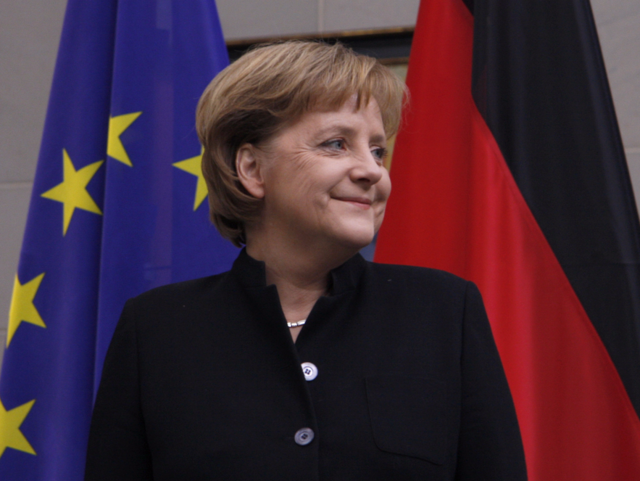
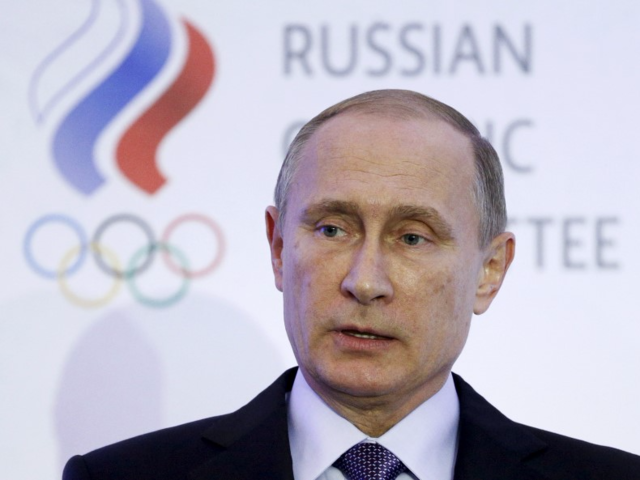
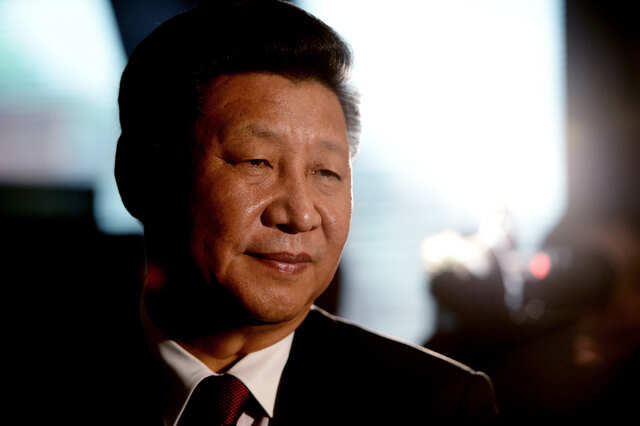
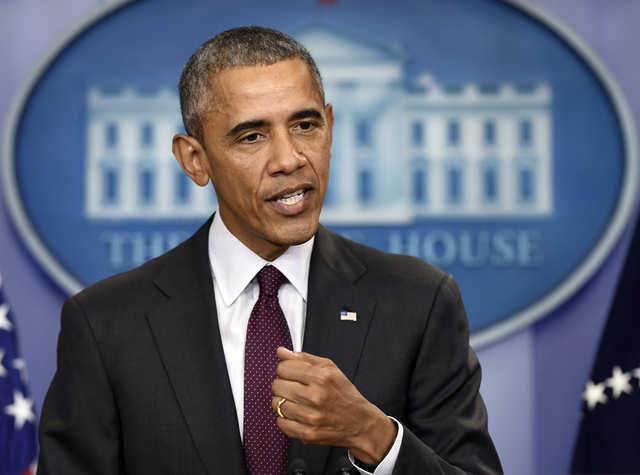






0 comments: